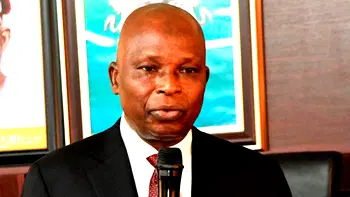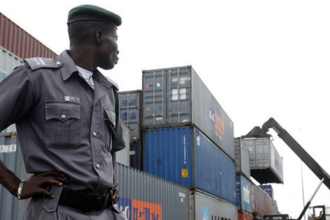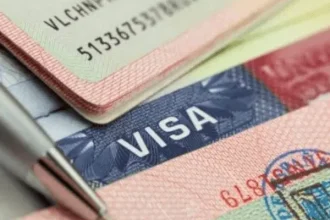The Federal Government has disclosed that human traffickers generate a staggering $245 billion in profits annually, according to data from the International Labour Organisation.
Attorney General of the Federation and Minister of Justice, Lateef Fagbemi, revealed this during the 28th National Stakeholders Consultative Forum in Abuja, marking World Day Against Trafficking in Persons.
Fagbemi stated that $169.9 billion of the annual profit comes from sexual exploitation, while $75.9 billion is derived from forced labor in the private sector, including domestic servitude. He highlighted Nigeria’s role as a source, transit, and destination country for trafficking, emphasizing its negative impact on national security.
“Human trafficking is organized crime and transnational as it is planned and carried out by groups in a structured manner,” Fagbemi said. “It is a deeply coordinated criminal enterprise, and the primary goal of the perpetrators is economic gain from the exploitation of others, irrespective of who the victim is.”
The minister noted that traffickers operate sophisticated networks to evade detection, posing threats to individuals, families, and nations.
Despite these challenges, he reported significant progress by the National Agency for the Prohibition of Trafficking in Persons, including the rescue of 25,642 victims, arrest of 11,406 suspects, and 750 convictions since the agency’s inception.
Fagbemi outlined the Tinubu administration’s efforts to combat trafficking through expanded social investment programs, such as conditional cash transfers and youth employment schemes, aimed at reducing economic vulnerability. He also mentioned strengthened international cooperation for cross-border investigations and asset confiscation.
NAPTIP Director-General Binta Bello exposed emerging trafficking tactics, including a “loan-for-sex” scheme where women are lured by fake online loans and forced into prostitution. She also warned about fraudulent job offers and scholarship scams that trap victims abroad.
“These deceptive tactics not only exploit the ambition and dreams of our youth but also undermine legitimate labor migration and international academic exchange,” Bello said. She announced plans to operationalize a protocol for victim rehabilitation and sign bilateral agreements with destination countries.
UNODC Country Representative Cheikh Toure called for a centralized national data system to enhance anti-trafficking efforts. “This is about mapping networks, targeting resources, and measuring impact with precision,” he explained.
The forum, themed “Human Trafficking is Organized Crime – End the Exploitation,” reinforced calls for collaborative action to dismantle trafficking networks and protect vulnerable populations.







